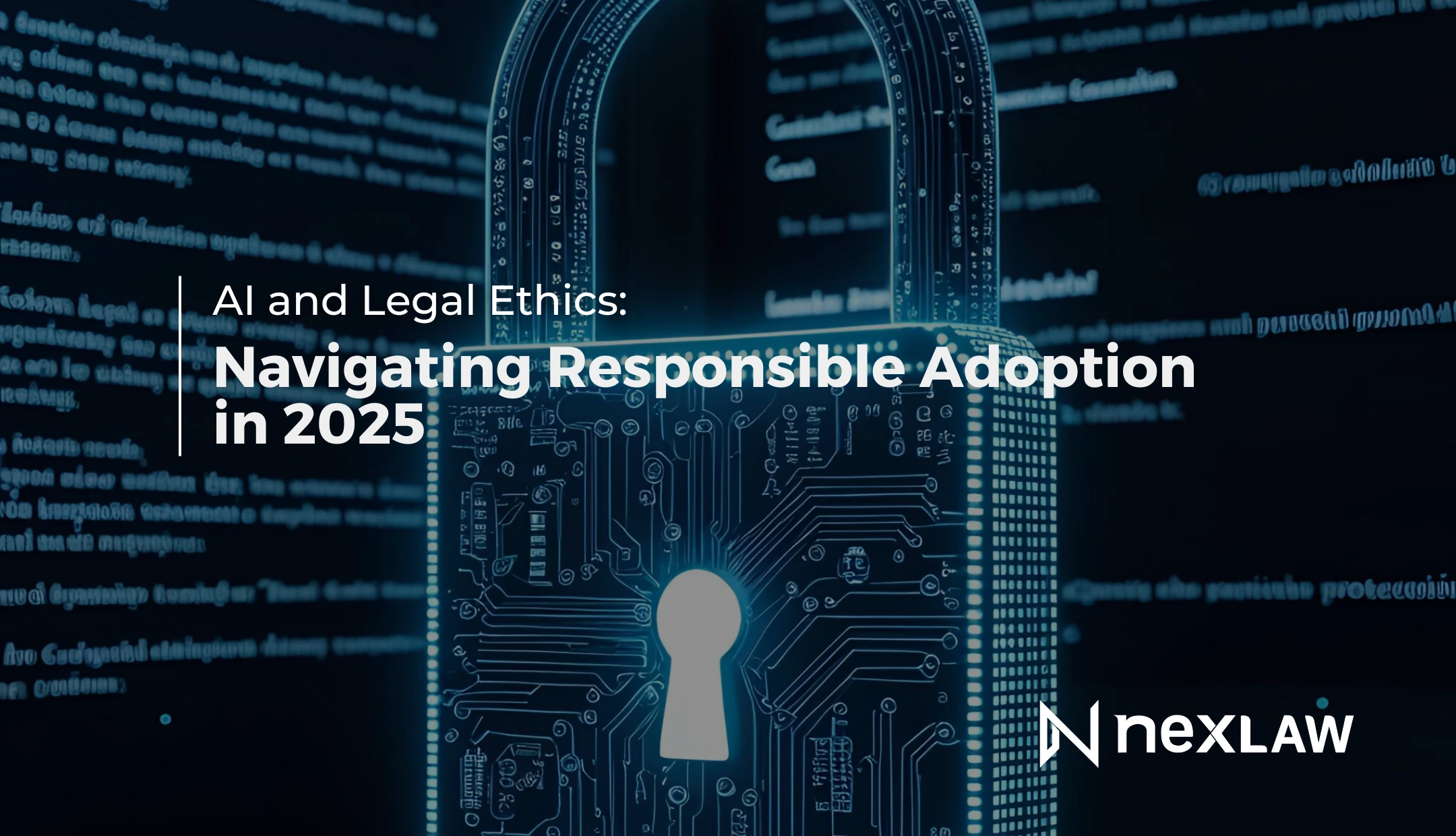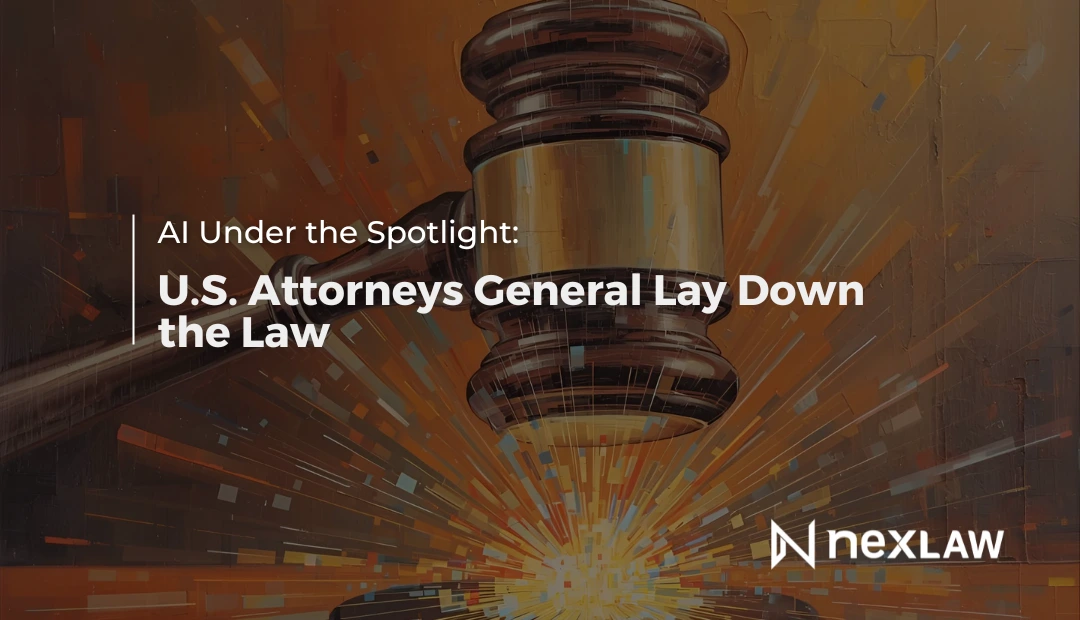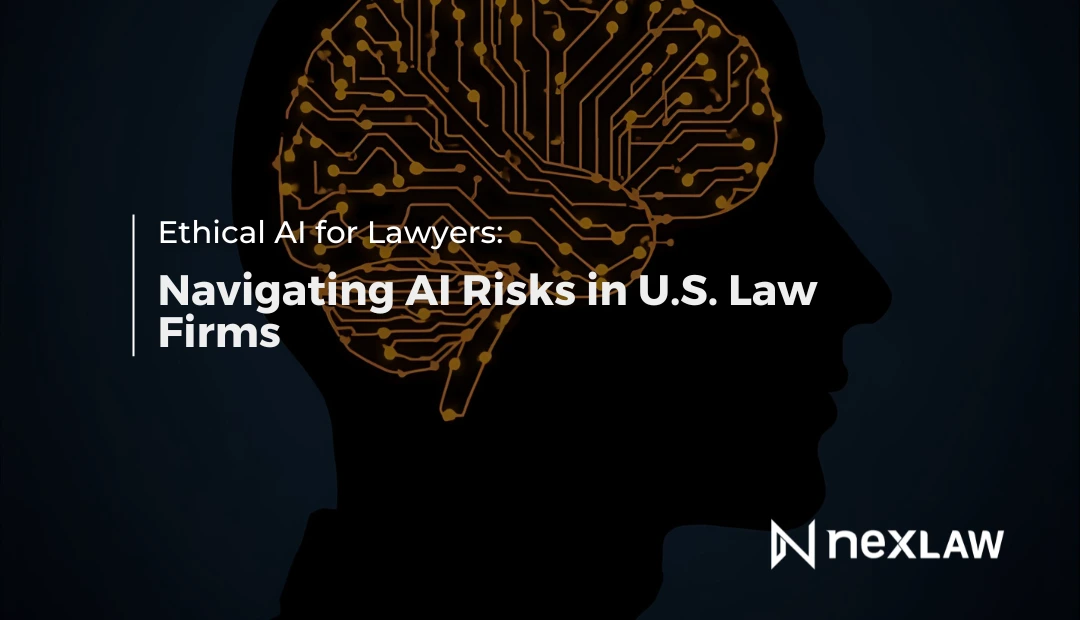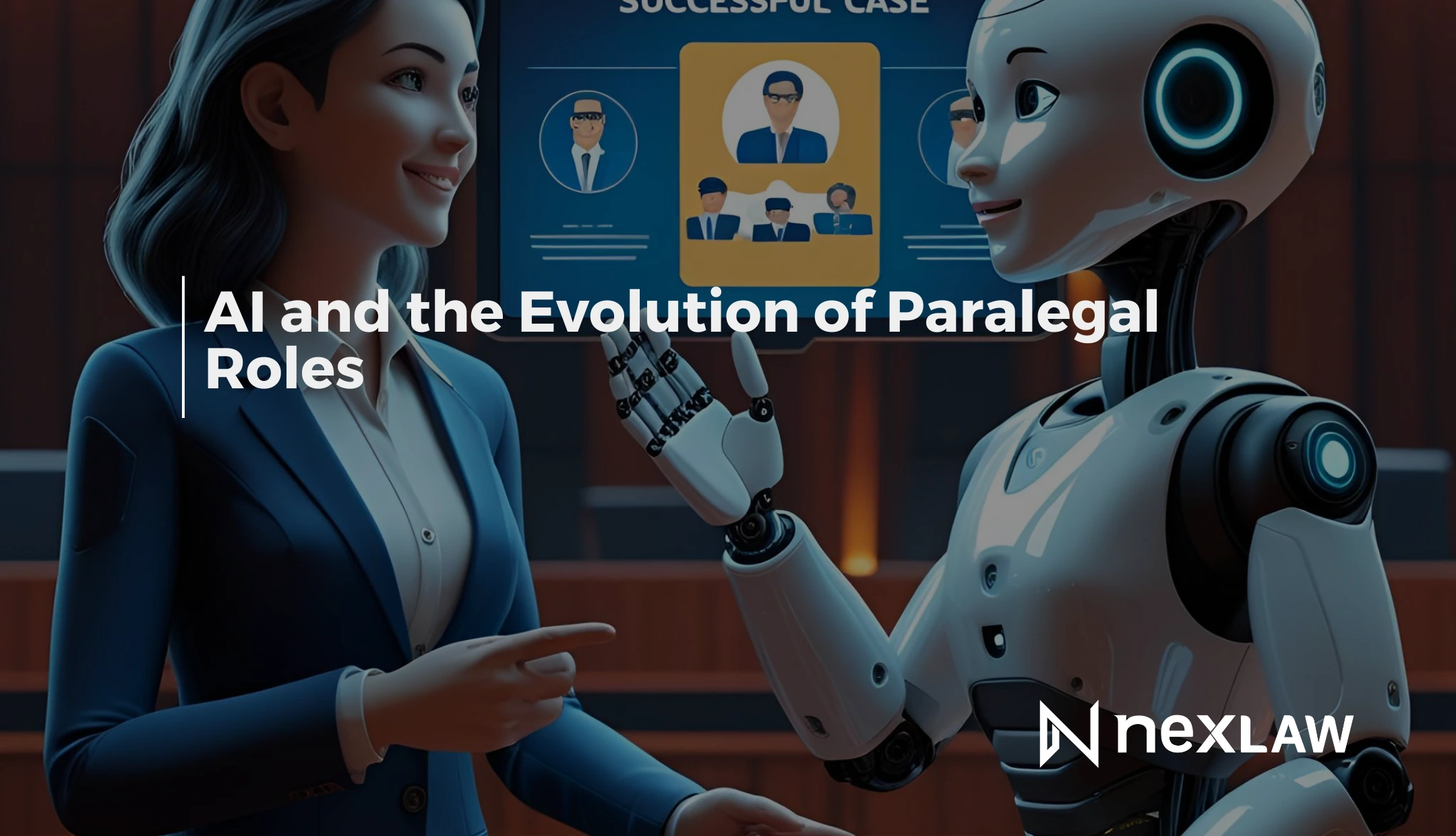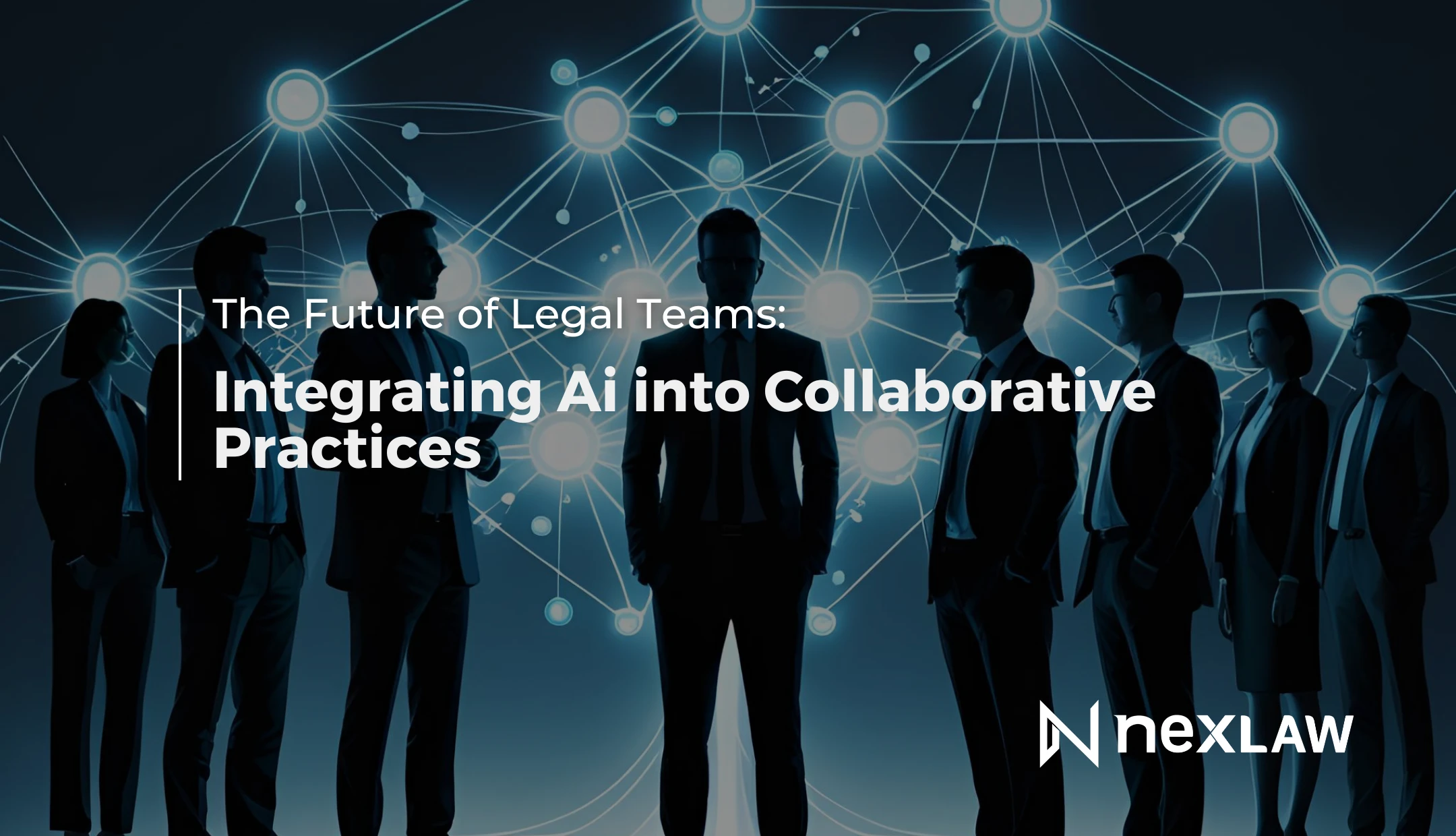AI and Legal Ethics: Navigating Responsible Adoption in 2026
The adoption of artificial intelligence (AI) in U.S. legal practice is accelerating, transforming how attorneys, paralegals, and pro-se litigants approach research, document preparation, and case strategy. AI tools can streamline workflows, reduce repetitive tasks, and support decision-making, but they also introduce ethical considerations that must be carefully managed to remain compliant with professional responsibility standards.
Unlock Legal Insights Instantly!
AI adoption is no longer a futuristic concept; it is a practical tool for modern law practice. Law firms and solo practitioners increasingly integrate AI into workflows to enhance efficiency while maintaining oversight. However, the benefits of AI are only realized when tools are used responsibly, ensuring that client interests, confidentiality, and professional duties are safeguarded.
The Rise of AI in Legal Practice
AI tools now extend beyond basic research assistance. Modern platforms can analyze extensive case law databases, identify trends, assist in drafting motions or pleadings, and support litigation strategy. Platforms like NexLaw combine research, drafting, and compliance checks in a single interface, providing legal professionals with a structured approach to work.
For attorneys and paralegals, AI can save time on tasks previously requiring hours of manual review. For example:
- Flagging inconsistent language in contracts
- Highlighting relevant case precedents
- Suggesting language for pleadings or discovery documents
Even pro-se litigants can benefit from structured guidance, ensuring higher-quality submissions to the court. In all cases, human review and judgment remain essential; AI serves as a tool to support, not replace, the attorney’s professional responsibilities.
Key Ethical Considerations for AI Use
1. Competence and Oversight
The American Bar Association (ABA) emphasizes that lawyers must understand the technology they use. AI assistance is ethical only if attorneys maintain adequate knowledge and oversight. Blind reliance on AI-generated research or drafts could violate professional responsibility standards, particularly rules related to competence and diligence.
Best Practices:
- Treat AI as a supplement, not a replacement, for professional judgment.
- Use platforms that allow clear supervision of research and drafting, such as NexLaw.
- Review AI outputs for relevance, accuracy, and alignment with client needs.
2. Confidentiality and Data Security
AI tools often process sensitive client information. Without proper safeguards, data could be exposed, potentially violating confidentiality obligations. Attorneys are responsible for ensuring that any platform used meets security and privacy standards.
NexLaw Advantage:
- Secure cloud architecture and encryption protect sensitive data.
- Access controls and audit trails provide accountability for who interacts with AI-generated outputs.
- Compliance features help align data handling with client confidentiality rules.
3. Supervision and Accountability
Delegating tasks to AI does not remove attorney responsibility. Every research output, draft motion, or other AI-assisted product must be reviewed for accuracy, completeness, and legal compliance.
Practical Guidance:
- Senior attorneys should supervise AI-assisted work performed by junior staff or paralegals.
- Maintain clear records of AI-generated content and review steps to demonstrate oversight.
- Choose platforms that track AI-assisted steps to simplify documentation and accountability.
Practical Guidance for Legal Professionals
Implementing AI ethically involves more than selecting a platform; it requires structured workflows and firm policies. Key steps include:
- Verify AI Outputs: Cross-check citations, legal reasoning, and draft language.
- Protect Client Data: Ensure platforms meet strong encryption and privacy standards.
- Document Oversight Processes: Keep detailed records of reviews and decisions.
- Stay Updated: Follow ABA guidance and state-specific rules regarding AI use.
- Train Teams Effectively: Encourage full adoption of AI while retaining human judgment over final outputs.
Platforms like NexLaw integrate these principles, offering research, drafting, and compliance features that allow attorneys to benefit from AI while maintaining professional responsibility.
Real-World Applications
AI can be applied across multiple areas of legal practice:
- Research: AI scans case law databases and open web sources to identify relevant precedent, saving time and improving consistency.
- Document Drafting: NexLaw supports drafting motions, pleadings, contracts, and discovery requests, automatically highlighting potential issues like missing clauses or inconsistent language.
- Litigation Strategy: AI-driven insights help attorneys assess case trends, potential outcomes, and legal risks, complementing professional judgment.
- Pro-Se Support: Individuals representing themselves can use structured AI guidance to navigate legal documents and court filings more confidently.
By incorporating AI responsibly, legal teams can reduce repetitive work, improve accuracy, and focus on high-value legal tasks like strategy and advocacy.
Expert Insights
Legal professionals increasingly recognize that responsible AI adoption can enhance efficiency and effectiveness. When platforms provide tracking, oversight, and real-time updates, attorneys can make faster, informed decisions without compromising accountability.
The key takeaway: AI tools support human expertise, they do not replace it.
Looking Ahead
As AI continues to evolve, attorneys should be aware of emerging trends, including:
- Advanced predictive analytics for case outcomes
- AI-assisted risk assessment in contracts and litigation
- Enhanced natural language processing for drafting and research
Ethical considerations will evolve alongside technology. Attorneys must proactively select platforms that emphasize compliance, security, and oversight.
Conclusion
AI offers transformative opportunities for attorneys, paralegals, and pro-se litigants. Platforms like NexLaw combine secure research, drafting tools, and oversight features, enabling legal professionals to leverage AI efficiently while maintaining ethical compliance.
By integrating AI responsibly, attorneys can:
- Streamline case research and document preparation
- Improve accuracy and consistency
- Make more informed strategic decisions
- Protect client confidentiality and maintain professional responsibility
For U.S. litigation professionals who want to embrace the benefits of AI without ethical risk, NexLaw provides a comprehensive, compliant solution for modern practice.
NexLaw is designed to help paralegals and attorneys prepare cases more efficiently, with greater accuracy and strategic insight.
Book a Guided Demo — See how NexLaw fits seamlessly into your practice and transforms your workflows.
Start a Free 3-Day Trial — Explore NexLaw risk-free and experience firsthand how AI can enhance efficiency, accuracy, and client satisfaction.
GET 15% OFF for annual plans using promo code: ANNIV15MONTHLY or ANNIV15ANNUALY
*t&c applied | visit our website for more details
With NexLaw, the future of litigation is here - AI-powered, accurate, and accessible.
